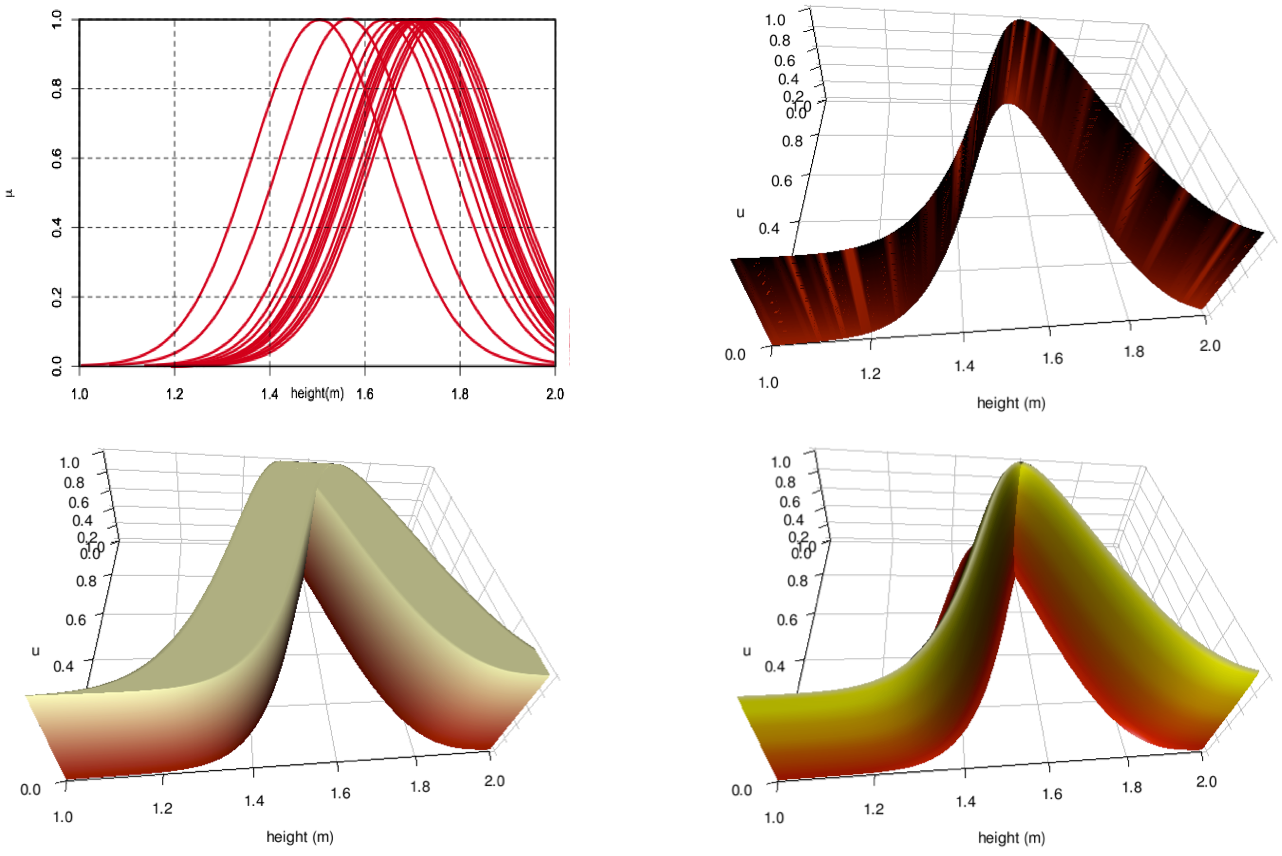Contact
Biography
Professor Jon Garibaldi is the current Provost of University of Nottingham Ningbo China, having taken up office on 1 Jan 2024.
Professor Garibaldi initially completed a BSc in Physics at the University of Bristol UK, before becoming a software engineer in industry for approximately six years. He returned to academia to complete an MSc and PhD in 'Artificial Intelligence' at the University of Plymouth UK and then, after research fellow posts, joined De Montfort University UK as a lecturer. He joined the School of Computer Science, University of Nottingham UK in 2002, becoming full Professor in 2012. He became the Head of School of Computer Science in Jan 2016, leading the School through both a doubling in size and through the covid pandemic.
Professor Garibaldi's main research interest is in developing intelligent computational techniques to model human reasoning in uncertain environments, with a particular emphasis on the medical domain. He also has interests in data analysis, particularly of complex and uncertain data, data mining, clustering and classification, and in the deployment of decision support systems in practical real-world applications. Over his career, he has been Principal Investigator on research projects worth over £3.5m (~30m RMB), and Co-Investigator on a multi-disciplinary portfolio of grants worth over £82m (~750m RMB). He has published over 400 academic research papers, including around 200 journal papers. He was Editor-in-Chief of IEEE Transactions on Fuzzy Systems from 2017-2022, is currently Vice-President of Publications in the IEEE Computational Intelligence Society, and is a Fellow of the IEEE. He is also currently a Senior Editor of IEEE Access.
Expertise Summary
My main research interest is in developing intelligent techniques to model human reasoning in uncertain environments, with a particular emphasis on the medical domain. My main technical area of research is into using non-standard fuzzy sets and systems, such as type-2 fuzzy sets and systems, to model human reasoning processes. Keywords: fuzzy sets and systems; uncertainty handling; data analysis; decision support systems; medical applications

In addition, I have interests in data analysis, particularly of complex and uncertain data, data mining, clustering and classification, and in the deployment of decision support systems in practical medical applications.
Teaching Summary
Due to heavy administrative load as Head of School and Editor-in-Chief, I do not currently undertake any undergraduate teaching.
Research Summary
Prof Jon Garibaldi's main research interest is in the modelling of human decision making, primarily in the context of medical applications. His work to date has concentrated on utilising fuzzy logic… read more
Selected Publications
JENNA M. REPS, JONATHAN GARIBALDI, UWE AICKELIN, JACK GIBSON and RICHARD HUBBARD, 2015. A Supervised Adverse Drug Reaction Signalling Framework Imitating Bradford Hill's Causality Considerations Journal of Biomedical Informatics. tbc(tbc), CHRISTIAN WAGNER, SIMON MILLER, JONATHAN M. GARIBALDI, DEREK T. ANDERSON and TIMOTHY C. HAVENS, 2014. From Interval-Valued Data to General Type-2 Fuzzy Sets IEEE Transactions on Fuzzy Systems. TBC, In Press
Current Research
Prof Jon Garibaldi's main research interest is in the modelling of human decision making, primarily in the context of medical applications. His work to date has concentrated on utilising fuzzy logic to model the imprecision and uncertainty inherent in medical knowledge representation and decision making. This has been applied in areas such as classification of breast cancer, identification of Alzheimer's disease, and the assessment of immediate neonatal outcome. A particular interest is in the transfer of medical intelligent systems into clinical use and this has led to the study of methods of evaluating intelligent systems and mechanisms for their implementation. Prof Garibaldi also has an interest in generic machine learning, such as clustering, classification and optimisation, particularly when applied to the optimisation of decision making models, and in the study of adaptive and time-varying behaviour. TFS.